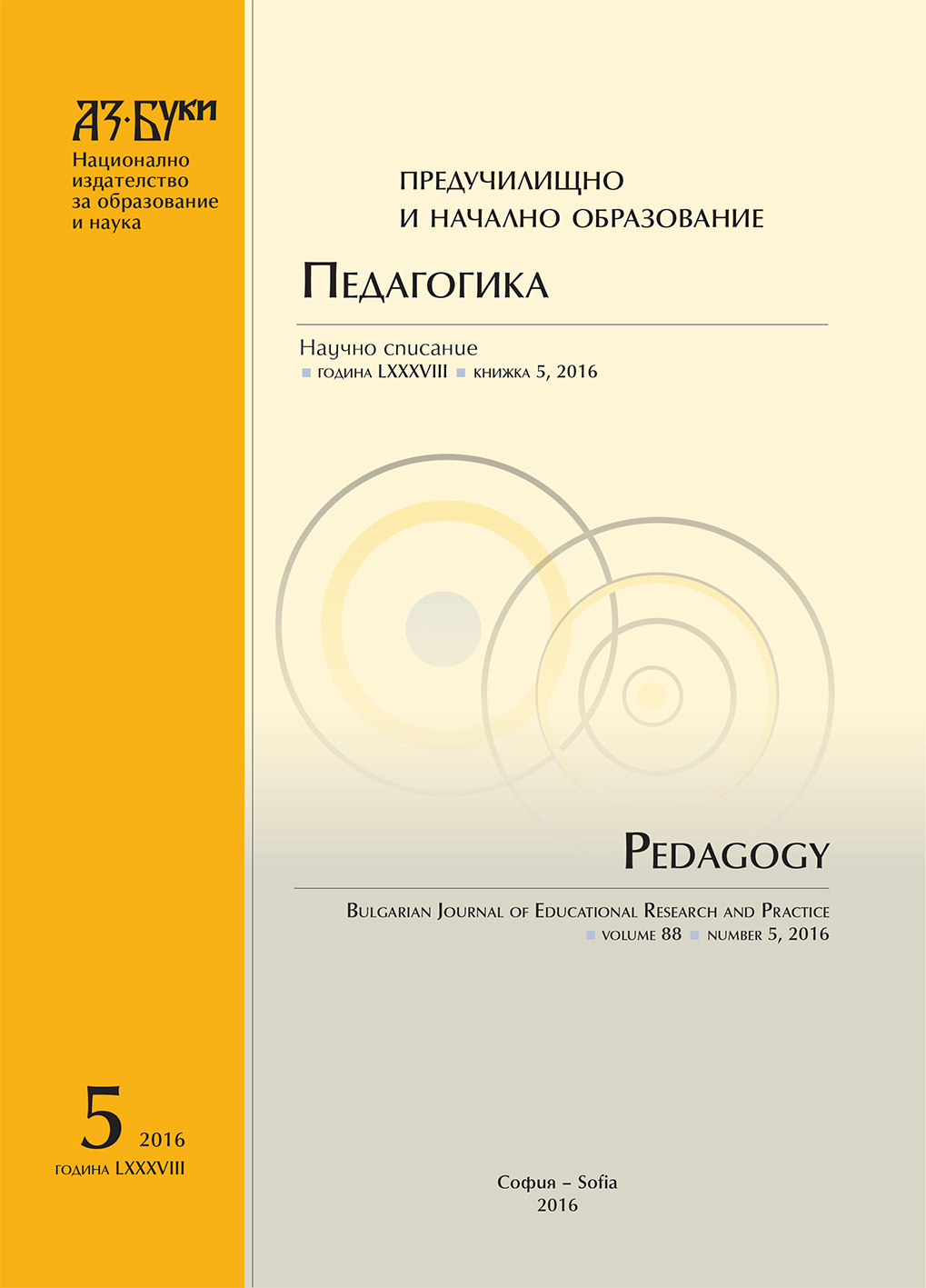Challenging the Concept of Cultural Deficit, through a Framework of Critical-Based Education
Challenging the Concept of Cultural Deficit, through a Framework of Critical-Based Education
Author(s): Mike FoxSubject(s): Social Sciences, Education, Sociology, School education, History of Education, Educational Psychology, State/Government and Education, Social development, Social differentiation, Family and social welfare, Social Informatics, Social Norms / Social Control, Inclusive Education / Inclusion, Sociology of Education
Published by: Национално издателство за образование и наука „Аз-буки“
Keywords: deficit; marginalised learners; cultural capital; critical learning
Summary/Abstract: Marginalised, disadvantaged students find the habitus of western, higher education institutions most unwelcoming. Central to the difficulties, which they experience, is the deficit-based compensatory model of widening participation applied to non-traditional learners. This model is reflected in the “culture of poverty” hypothesis favoured by neo-liberal institutions as the means of “fixing” the problems experienced by learners from disadvantaged backgrounds. Culture of poverty suggests people from lower socio-economic backgrounds share a series of universally consistent values and behaviours and places responsibility for the difficulties, experiences by these individuals, with the individuals themselves and their communities rather than any systemic failings. Dealing with the problems experienced by those on the margins of society requires removing the deficit paradigm and replacing it with an asset-based structure, grounded in critical learning practices.
Journal: Педагогика
- Issue Year: 88/2016
- Issue No: 5
- Page Range: 638-647
- Page Count: 10
- Language: English
- Content File-PDF

